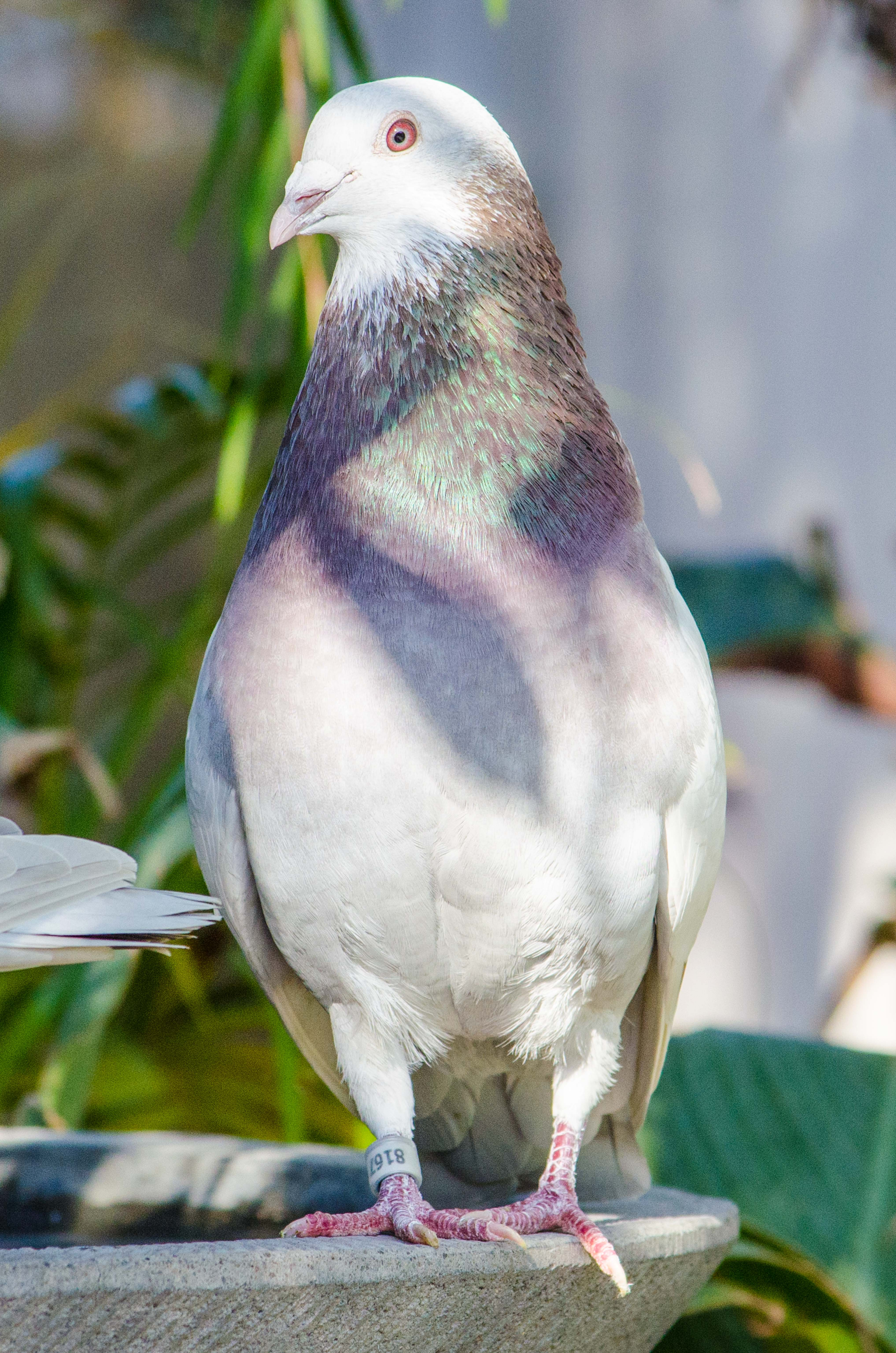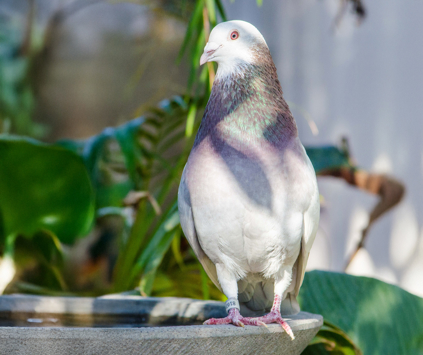
Pigeon rotavirus is a highly infectious and fatal disease.
The high death rate from this disease that is often seen in pigeon lofts may look like a reportable disease.
Any situation where there is a high death rate without a known cause should be investigated by a veterinarian to check for exotic diseases.
About pigeon rotavirus
Pigeon rotavirus is a highly infectious and fatal disease. Pigeon rotavirus was first detected in WA as a result of investigation of a disease outbreak in racing pigeons in 2016. Several lofts of racing pigeons showed signs of diarrhoea, regurgitation and death. Mortalities were variable but were as high as 30% in some lofts.
Some birds who survive may remain infected with the virus for several months, acting as a potential source for other birds. It is believed that the virus is specific to pigeons, but the potential impact on closely related native bird species is unknown.
Clinical signs in affected birds include:
- depression
- vomiting
- diarrhoea
- regurgitation
- hunched postures.
Sick birds usually die within 12 to 24 hours, with deaths in affected lofts continuing for about 7 days.
There is a vaccine (Rotavax®) which has been approved by the government regulator with the caution that efficacy was yet to be determined. Consult with your veterinarian about availability and use. Good biosecurity practices are currently the best preventative to introducing the disease to the pigeon loft and containing the spread within the loft.
Biosecurity recommendations:
- Avoid mixing pigeons (for example, racing, shows and sales) from unaffected and affected lofts.
- Any pigeon fancier whose loft has been affected by rotavirus infection should maintain strict biosecurity measures, including not selling pigeons to unaffected lofts, loft hygiene and visitor restrictions to prevent the spread of the rotavirus.
How to report pigeon rotavirus
Where an emergency animal disease or a new or emerging disease is suspected, DPIRD provides laboratory testing free of charge. If you see signs of disease with higher than usual numbers of deaths, you should report it. There are 3 ways you can do this.
Why reporting suspected disease matters
Pigeon rotavirus is not a reportable disease. However, it’s important for bird keepers to continue to report any suspicious signs of disease so that the reportable diseases avian influenza, pigeon paramyxovirus type 1 and Newcastle disease can continue to be tested for and detected early if there is an incident in WA.
Industry updates
-
Pigeon mortality advisory 26 May 2016pdf (151 KB)
-
Pigeon industry update 12 August 2016pdf (81 KB)
-
Pigeon industry update 13 January 2017pdf (45 KB)
-
Pigeon rotavirus information 13 February 2017pdf (320 KB)
-
Pigeon industry update 29 March 2017pdf (63 KB)

